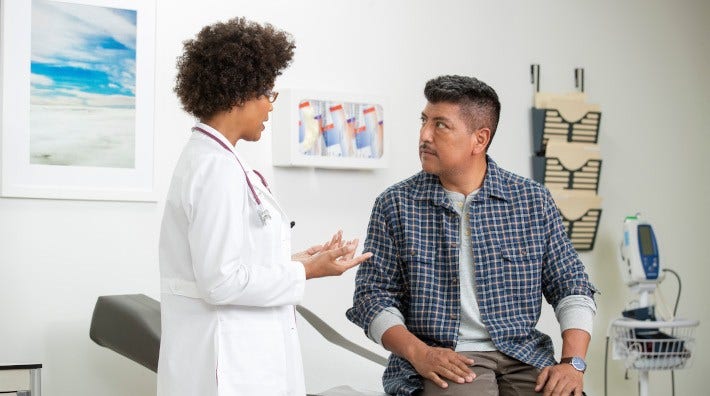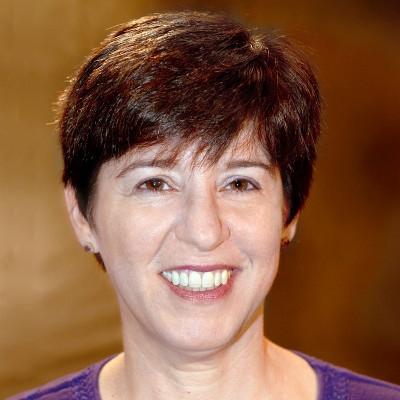Colorectal Cancer Screening Increases in People Under 50 After ACS Updates Guideline

Researchers from the American Cancer Society found that colorectal cancer screening rates more than doubled among people ages 45 to 49 after the ACS changed its guideline last year to recommend screening for that age group. Previously, the guideline recommended screening start at age 50 for people at average risk. The new study was published December 18, 2019 in CANCER, a peer reviewed journal of the ACS.
The ACS updated its guideline in May 2018, partly in response to rising rates of colorectal cancer cases among younger people. The new guideline lowers the age that it recommends people at average begin screening, from 50 to 45.
To find out whether the update made a difference, the researchers looked at responses from 5,800 people ages 45 to 49 who took part in the 2018 National Health Interview Survey. They reported whether they’d had any of these colorectal screening tests during the past year: colonoscopy, sigmoidoscopy, CT colonography, or stool testing. They compared their answers to those of people ages 50 to 59. They found:
- Among people 45 to 49 years old, past-year screening rates rose from 4.8% in the first quarter of 2018 to 6.6% in the second quarter, 8.8% in the third quarter, and 11.7% in the fourth quarter.
- An estimated 592,351 people reported past-year screening in the fourth quarter compared with 226,656 in the first quarter.
- Reports of screening did not increase among people in their 50s.
The researchers speculate that last year’s guideline update made doctors and patients more aware of the need for colorectal cancer testing in this age group. They say similar increases in screening rates followed updates in guidelines for prostate and breast cancers.
Colorectal cancer screening recommendations
- People at average risk of colorectal cancer should start regular screening at age 45.
- People who are in good health and with a life expectancy of more than 10 years should continue regular colorectal cancer screening through the age of 75.
- People ages 76 through 85 should make a decision with their medical provider about whether to be screened, based on their own personal preferences, life expectancy, overall health, and prior screening history.
- People over 85 should no longer get colorectal cancer screening.
People at higher than average risk because of family history or personal history of colorectal cancer, certain types of polyps, certain colorectal diseases or syndromes, or personal history of radiation treatment to the abdomen or pelvis should talk to their doctor about a screening plan.
- Citations
Colorectal cancer screening patterns after the American Cancer Society's recommendation to initiate screening at age 45 years. Published December 18, 2019 in CANCER. First author Stacey A. Fedewa, PhD, American Cancer Society, Atlanta, Ga.
American Cancer Society news stories are copyrighted material and are not intended to be used as press releases. For reprint requests, please see our Content Usage Policy.




